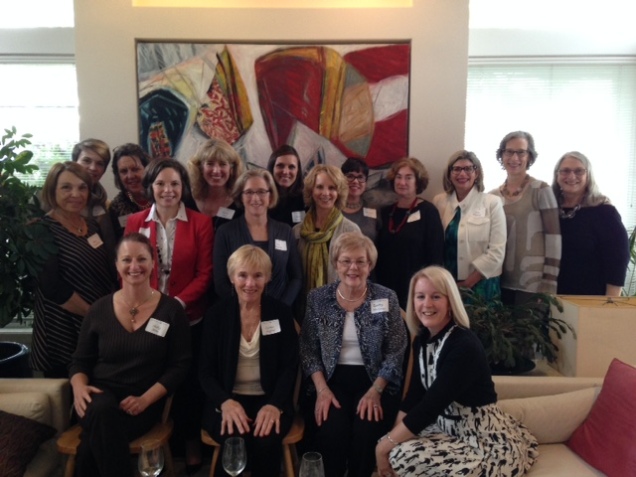Letter from the President
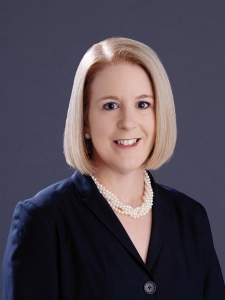
Dear WA Women’s Foundation Members,
We have completed another phase of this year’s strategic planning process, and I wanted to share some results and data points with you today. Thank you to the members who participated in interviews and focus groups convened for us by Crux Consulting in mid-September.
Focus groups were organized based upon members’ years of membership (3 years or less; between 3 and 10 years, 10+ years of membership). Not surprisingly, many common themes emerged out of the three groups:
- The Importance and Relevance of Being a Collective of Women
Participants expressed a strong commitment to women and the need to organize, support, and empower women in today’s political climate – now more than ever. - Appreciation and Respect for the Foundation
Participants shared an appreciation for the personal learning and growth made possible through the Foundation and also for the multiple ways in which they can be involved and engaged in our collective work and learning. They also expressed pride in the impact of our grants. - Change
Participants expressed a strong curiosity about change and an openness to strategic evolution by the Foundation. Some shared specific ideas about how the Foundation should change. Interestingly, for some participants (mainly those who have been members for 3 to 10 years) there was an expressed expectation or need for change.
Participants also were asked, “In your time as a member, what has WA Women’s Foundation done that matters?” Again, there were some common themes:
- The Foundation Has Made Impactful Grants
The impact was described as twofold – both the dollars we give away (“giving away a lot of money strategically”) and the visibility our grants bring to organizations and issues. It also was noted that “the Foundation takes risks with who we fund.” - The Foundation Has Contributed to Personal Learning
- The Foundation Has Helped Build Personal Relationships & Community
- The Foundation Has Given Women a Voice
When asked what they would like to see change or evolve through this next strategic plan, participants identified the diversification of our membership, specifically to include more women of color, and tools to tell our collective story better out in the community.
The Board of Directors had a full day meeting in late September to review the focus group data and begin working on the specific elements of our strategic plan. At that meeting, the Board also reflected sentiments similar to those of the focus groups:
- A commitment to elevating or amplifying the power of women; and
- A belief that women are a powerful force for change.
While we are still in the early stages this planning process, we are still committed to having a new strategic plan in place shortly after the Board’s annual retreat, which will occur next March. We also are committed to reporting on our progress on a regular basis and including as many members as we can in different aspects of the process. So there’s more to come.
 Fortunately, it hasn’t been all work and no fun this fall at WA Women’s Foundation. Over the course of just a few weeks we hosted two luncheons.
Fortunately, it hasn’t been all work and no fun this fall at WA Women’s Foundation. Over the course of just a few weeks we hosted two luncheons.
The first luncheon was for our Founding Members. Did you know that of the initial investors of WA Women’s Foundation (members who joined in the fall of 1995 and spring of 1996), 60 are still active members of the Foundation today? These women have truly been a powerful force for change!
 The second luncheon was for members celebrating their “five year anniversaries” as members. No, John Floberg, Executive Director of Washington State Parks Foundation has not been a member of WA Women’s Foundation for five years! However, he has been a member of our Impact Assessment Committee for 2 years, and as his organization received a grant from WA Women’s Foundation in the year that this class of members joined our collective, we invited him to share lunch and stories of the impact of our grant with us.
The second luncheon was for members celebrating their “five year anniversaries” as members. No, John Floberg, Executive Director of Washington State Parks Foundation has not been a member of WA Women’s Foundation for five years! However, he has been a member of our Impact Assessment Committee for 2 years, and as his organization received a grant from WA Women’s Foundation in the year that this class of members joined our collective, we invited him to share lunch and stories of the impact of our grant with us.
Looking at the women in these photographs, I feel confident about our fearless future, because I know that it is rooted in the ground-breaking spirit that has always been a part of our DNA. I’m curious to see where it takes us next. Thank you for your membership in our collective and your commitment to ensuring that the Foundation remains a dynamic, women-powered force for change in our community. We’re on this journey together!
With gratitude,
Beth McCaw, President, Washington Women’s Foundation





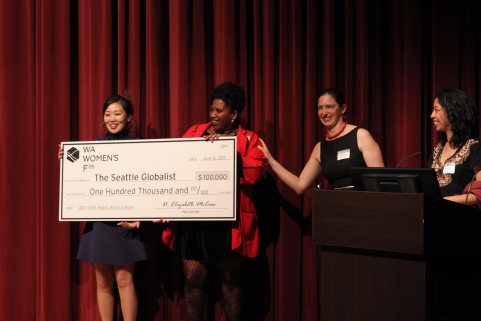
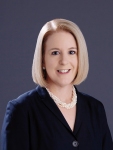

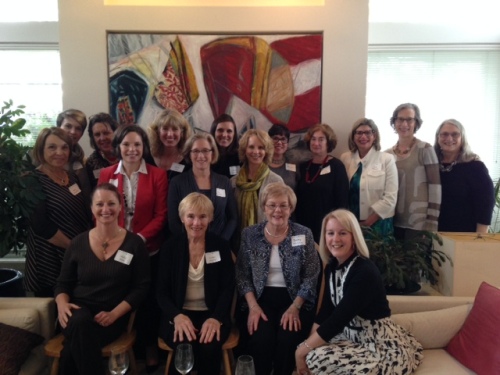
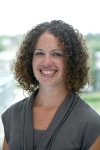 by Megan Davies
by Megan Davies